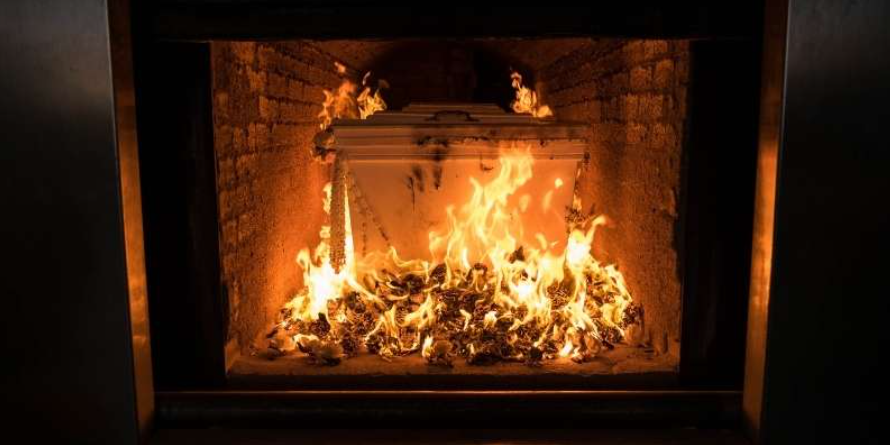In recent years, there has been a growing interest in direct cremation as an alternative to traditional funeral services. Direct cremation offers a simple and cost-effective way to handle the remains of a loved one while still honoring their memory with dignity and respect. In this blog post, we'll explore what direct cremation is, how it works, and why it may be the right choice for you or your loved one.
What is Direct Cremation?
Direct cremation is a type of funeral arrangement where the body of the deceased is cremated shortly after death, without a traditional funeral service or viewing. Unlike traditional cremation services, which often involve embalming, visitation, and a formal ceremony, direct cremation is a streamlined process that focuses solely on the cremation itself.
How Does Direct Cremation Work?
The process of direct cremation typically begins with the transportation of the deceased from the place of death to the crematory facility. Once at the crematory, the body is prepared for cremation, which involves placing it in a cremation container or casket. The cremation process itself involves exposing the body to high temperatures, typically between 1,400 and 1,800 degrees Fahrenheit, until it is reduced to ashes.
Benefits of Direct Cremation:
- Cost-Effective: Direct cremation is often more affordable than traditional funeral services, making it an attractive option for those on a tight budget.
- Simplicity: Direct cremation eliminates the need for embalming, viewing, and other costly and time-consuming funeral arrangements, offering a simpler and more straightforward alternative.
- Flexibility: Direct cremation allows families to hold a memorial service or celebration of life at a later date, providing more flexibility in planning and scheduling.
- Environmental Considerations: Cremation is considered to be a more environmentally friendly option compared to traditional burial, as it does not require the use of embalming chemicals or burial plots.
Honoring Your Loved One's Memory:
While direct cremation may lack the formality of a traditional funeral service, it still provides an opportunity for loved ones to honor and remember the deceased in a meaningful way. Families can choose to scatter the ashes in a location that held significance for the deceased, or they can opt to keep the ashes in an urn or other memorial container.
Conclusion:
Direct cremation offers a simple, cost-effective, and dignified way to handle the remains of a loved one. Whether you're looking for a more affordable option or simply prefer a less formal approach, direct cremation provides a respectful and meaningful way to say goodbye. At Serenity Family Funerals, we offer compassionate and professional direct cremation services to help you honor your loved one's memory with dignity and respect.





Comments